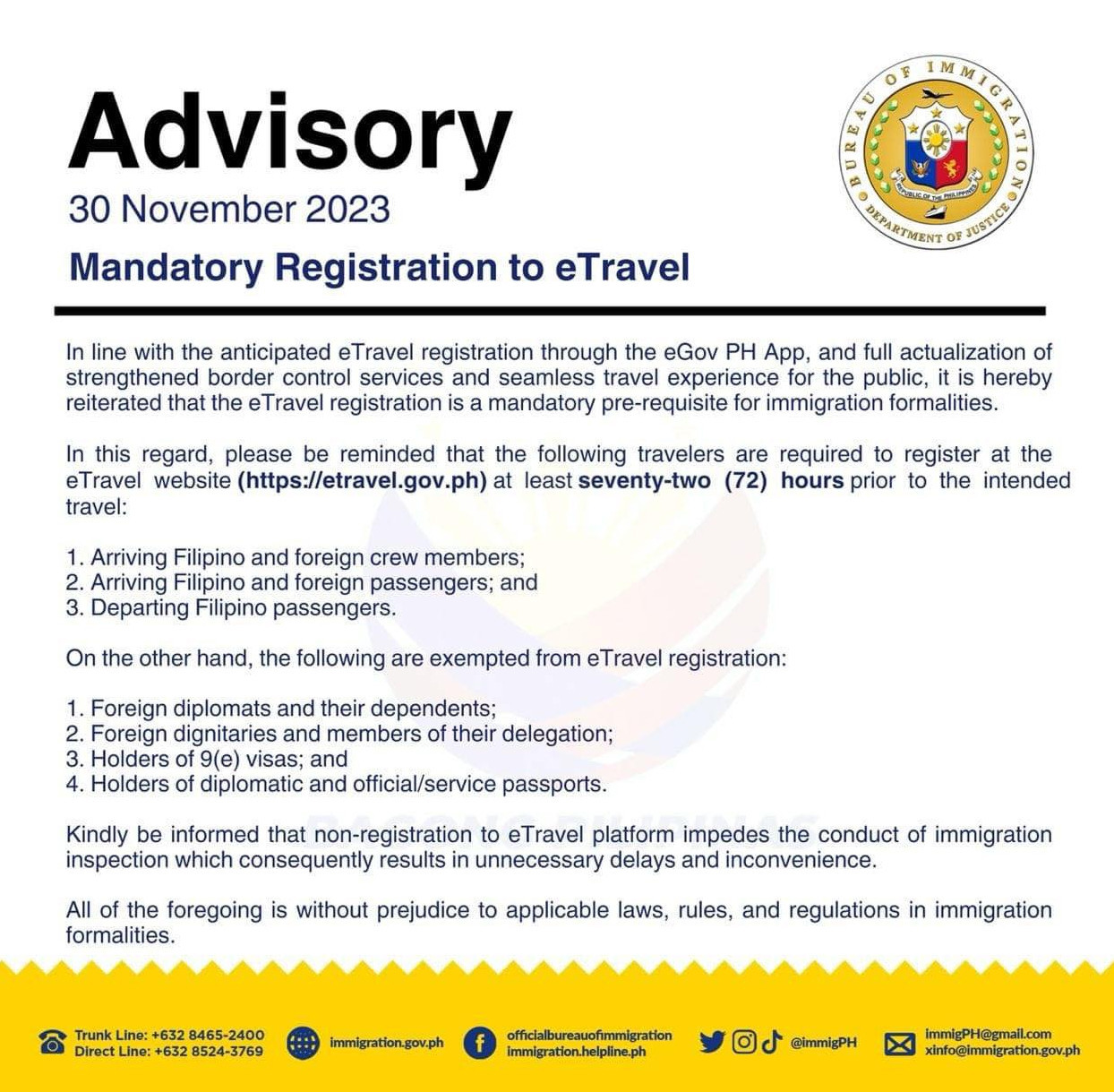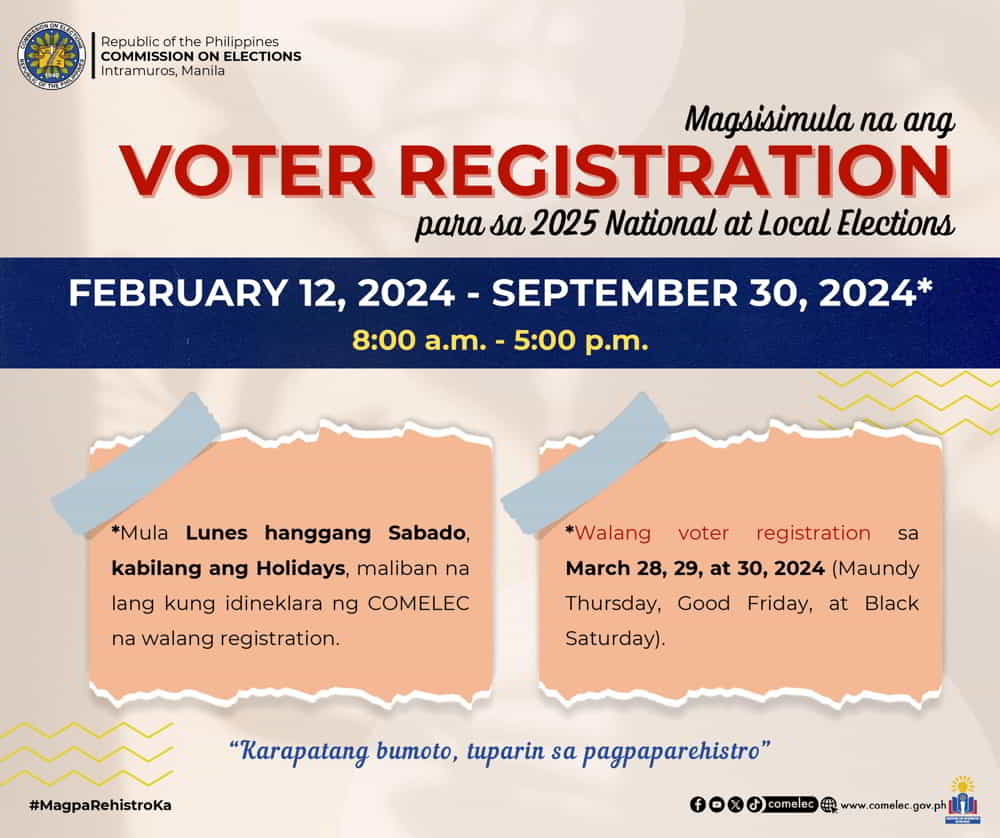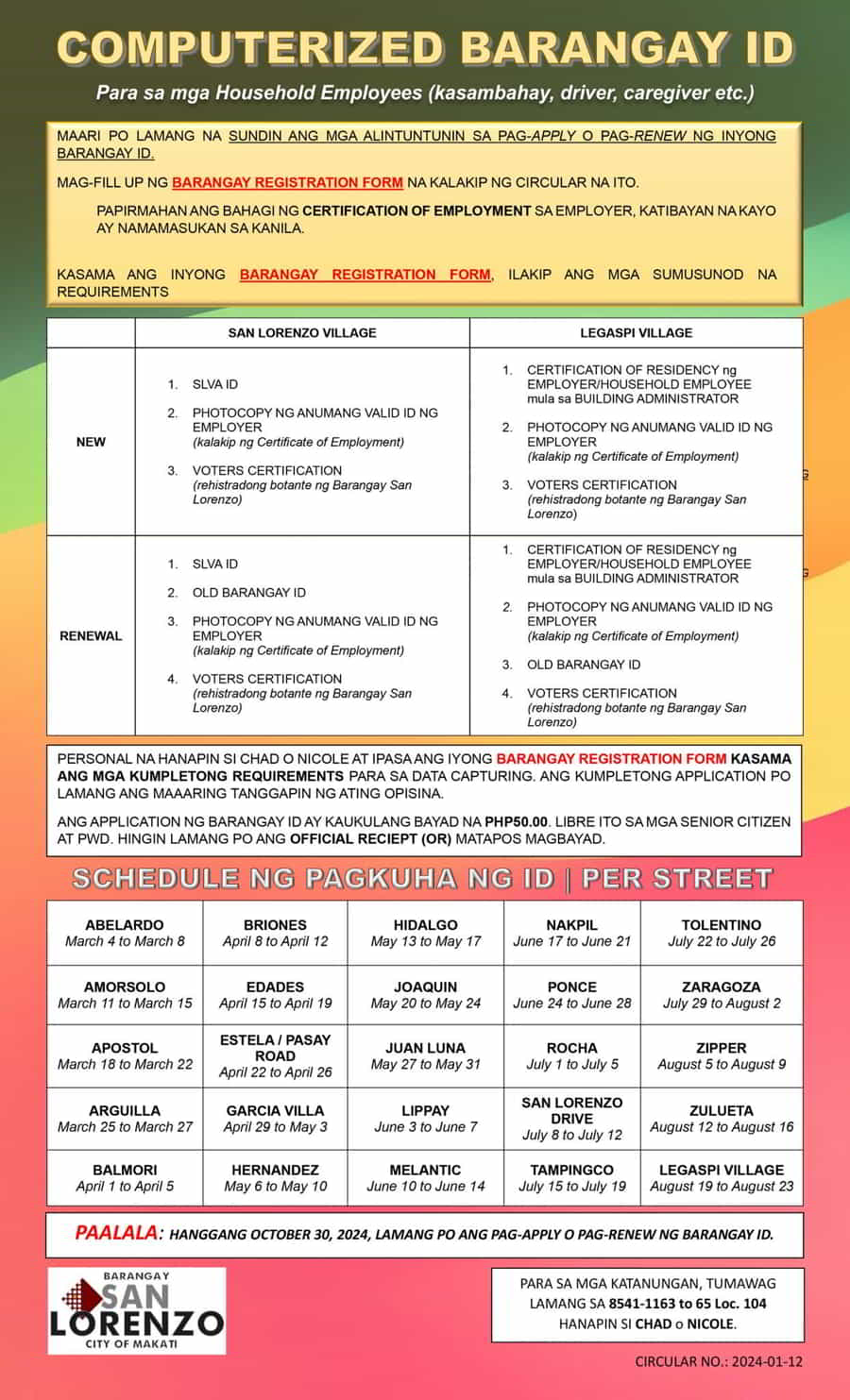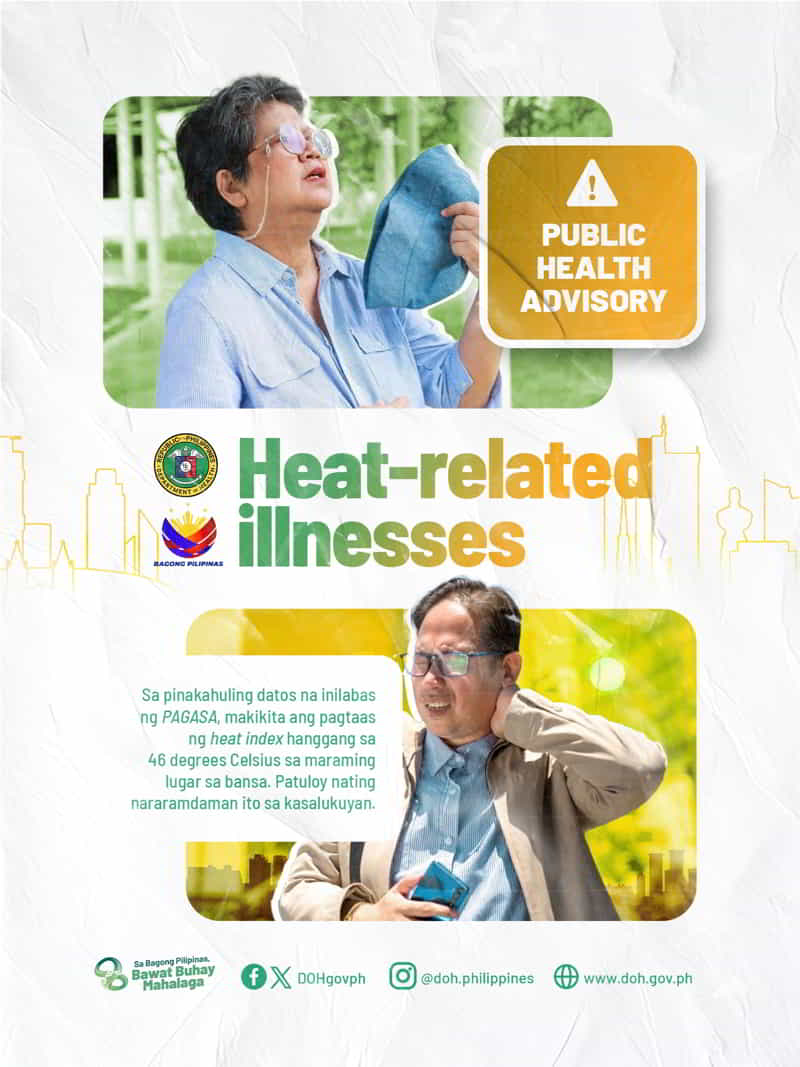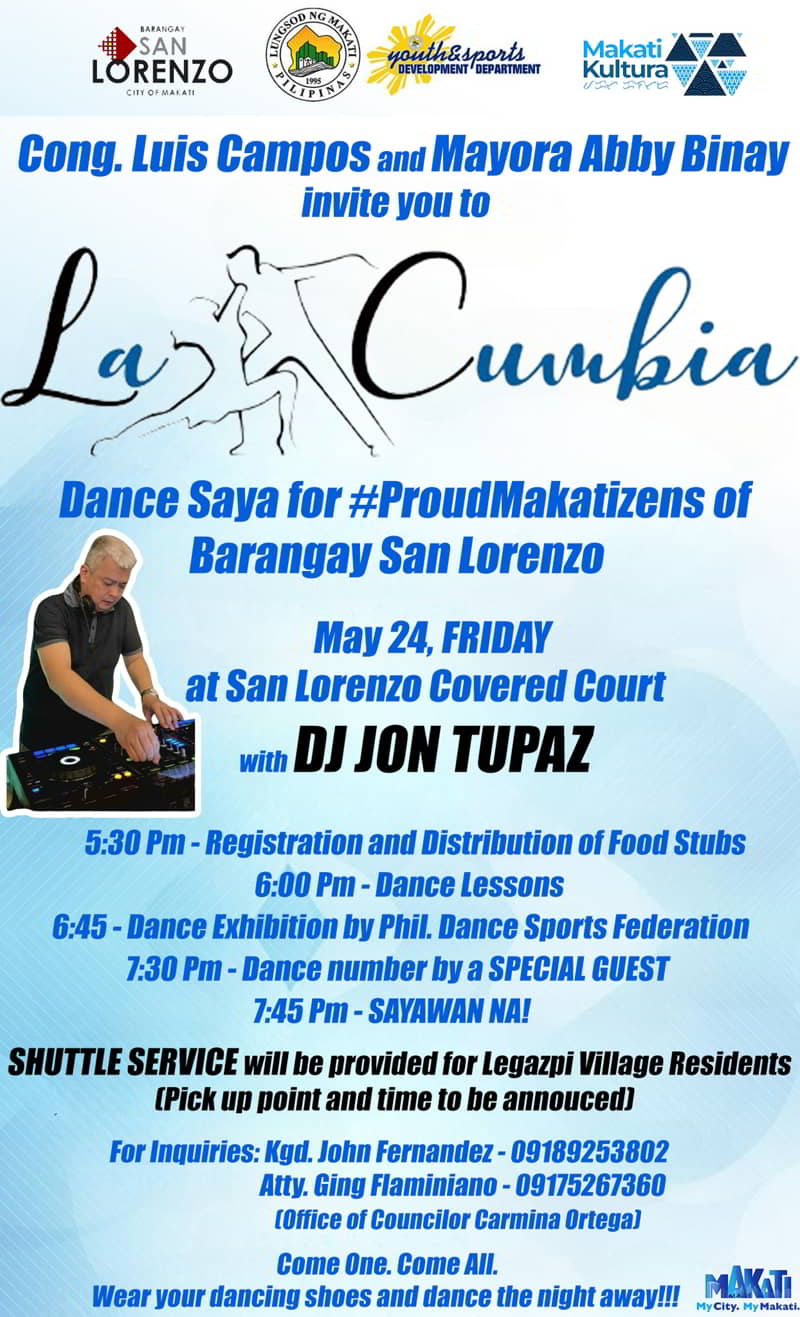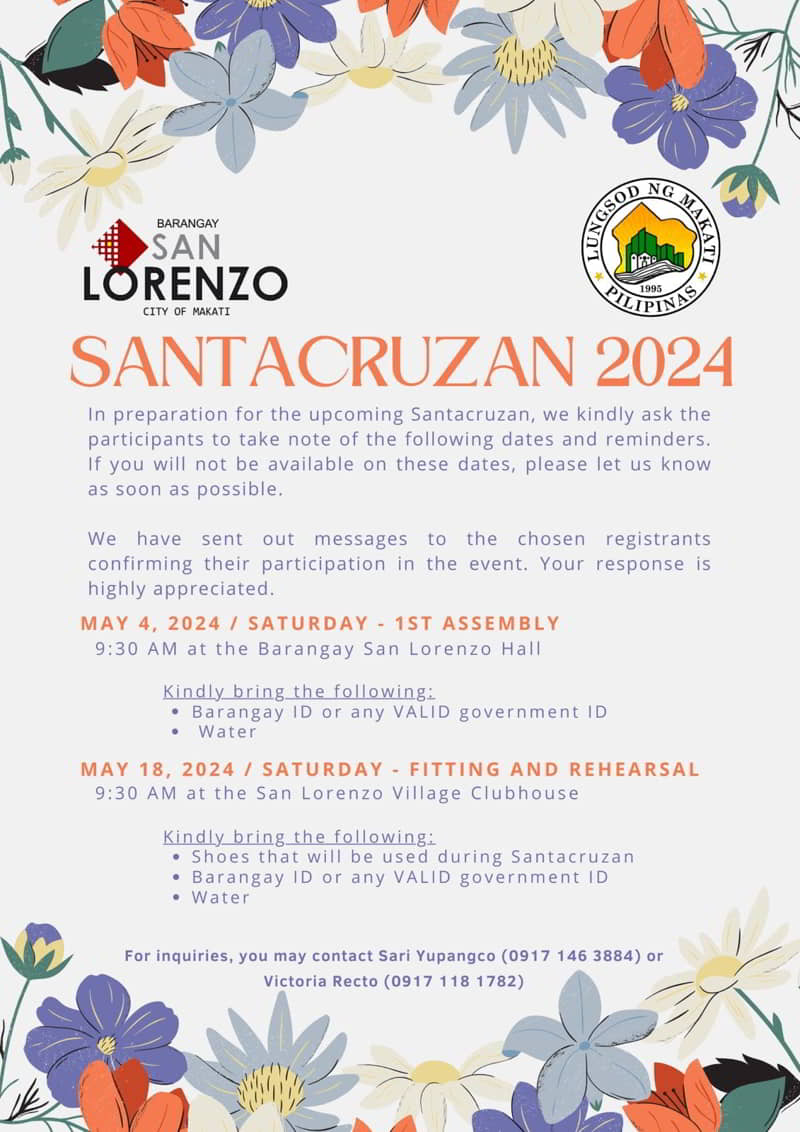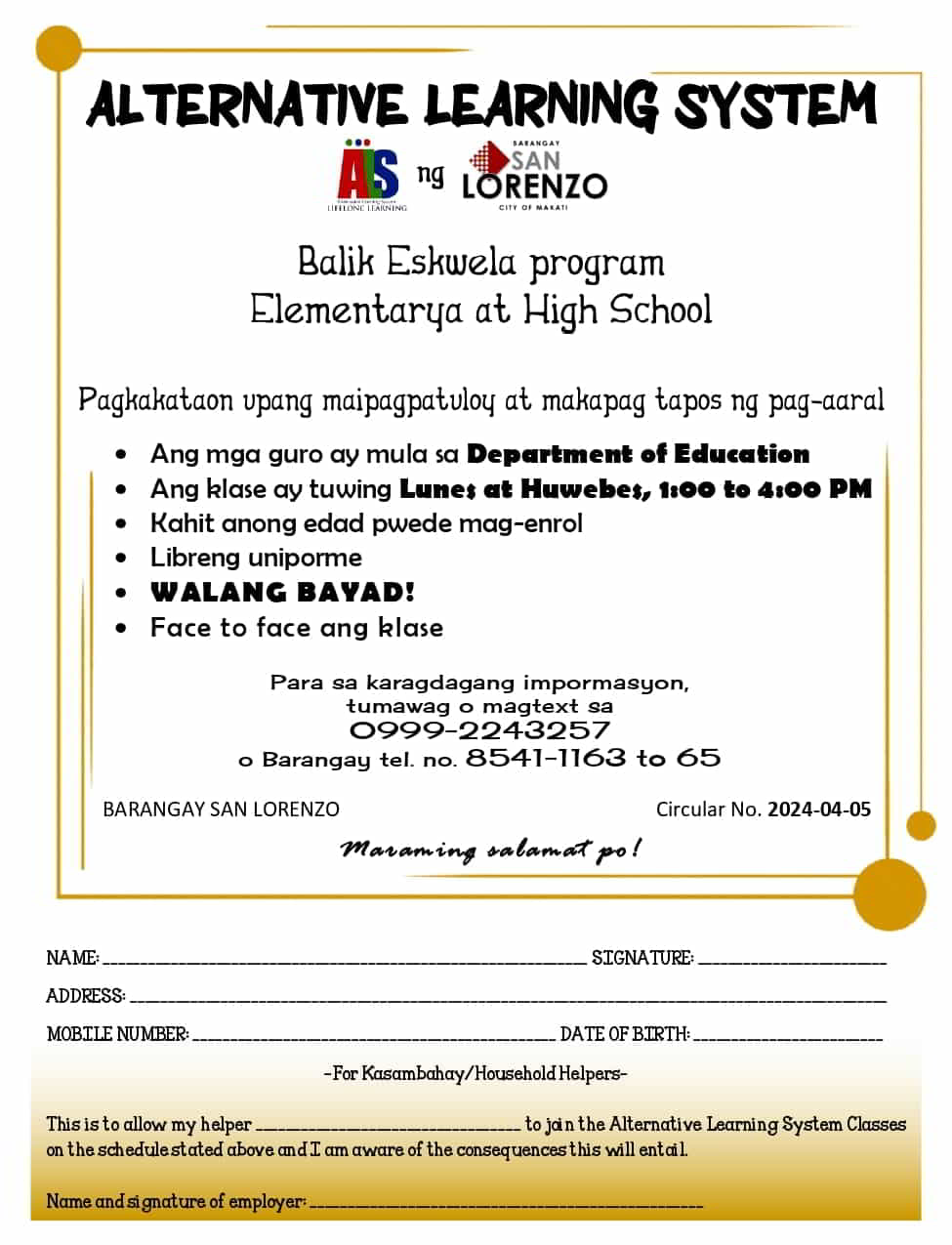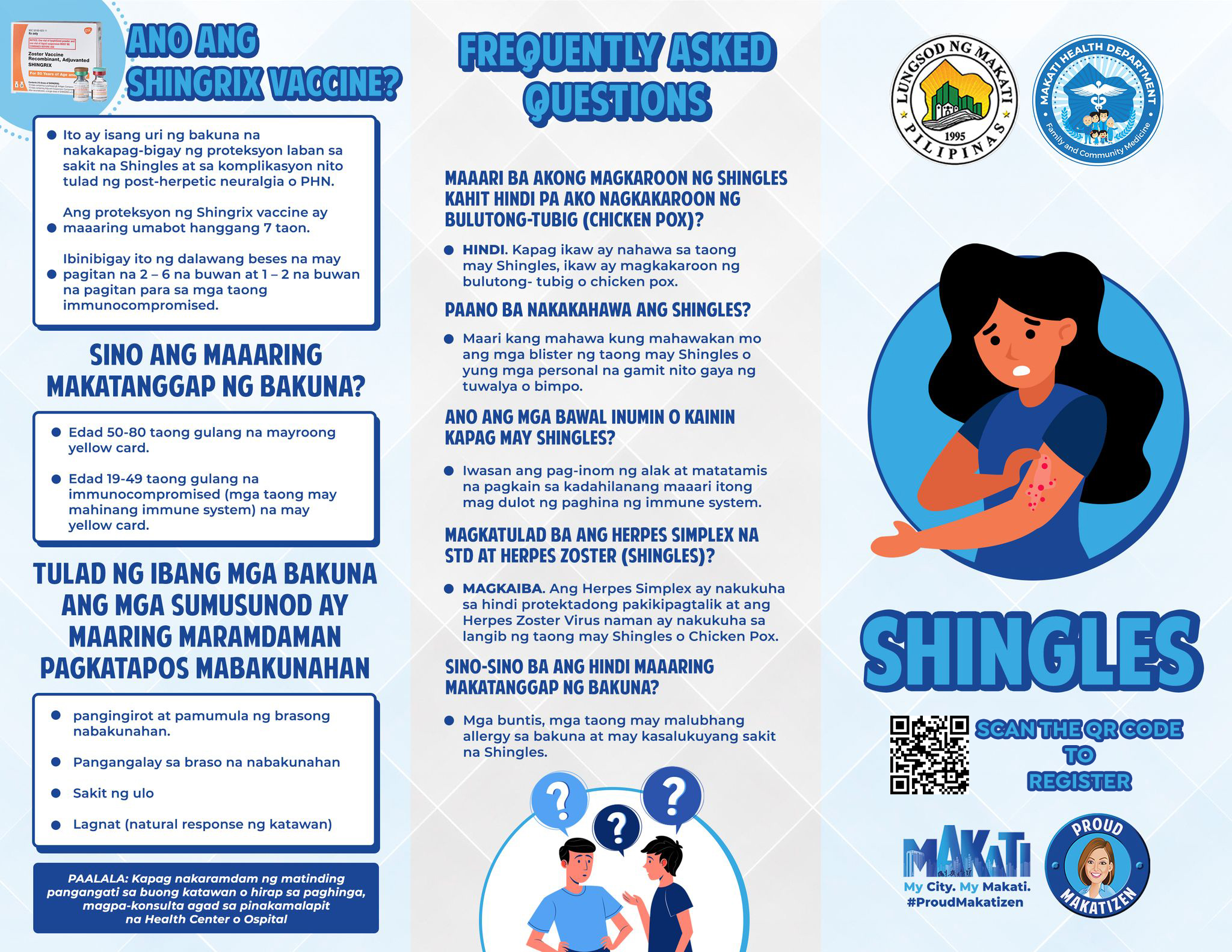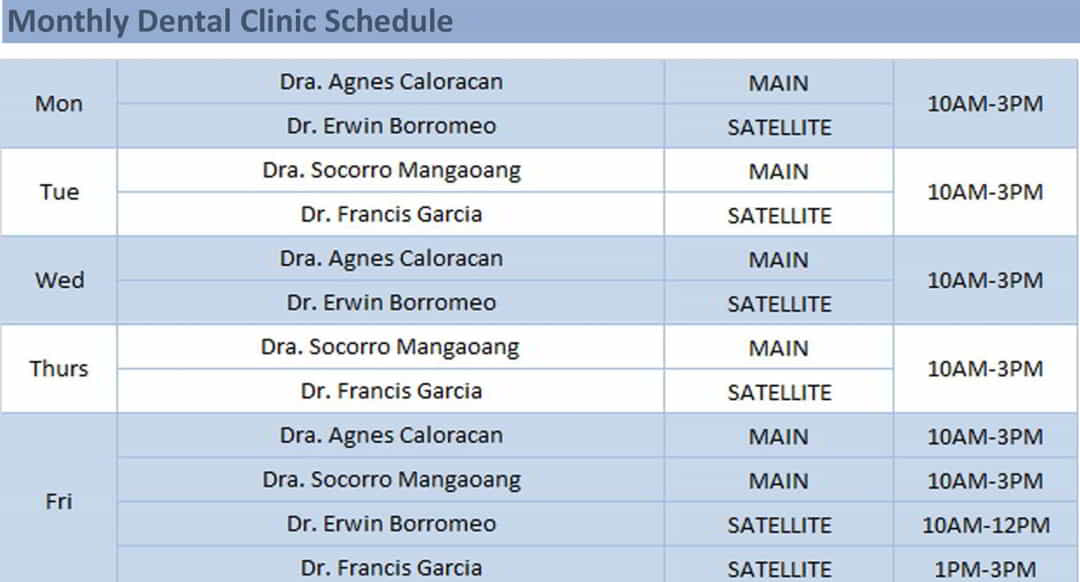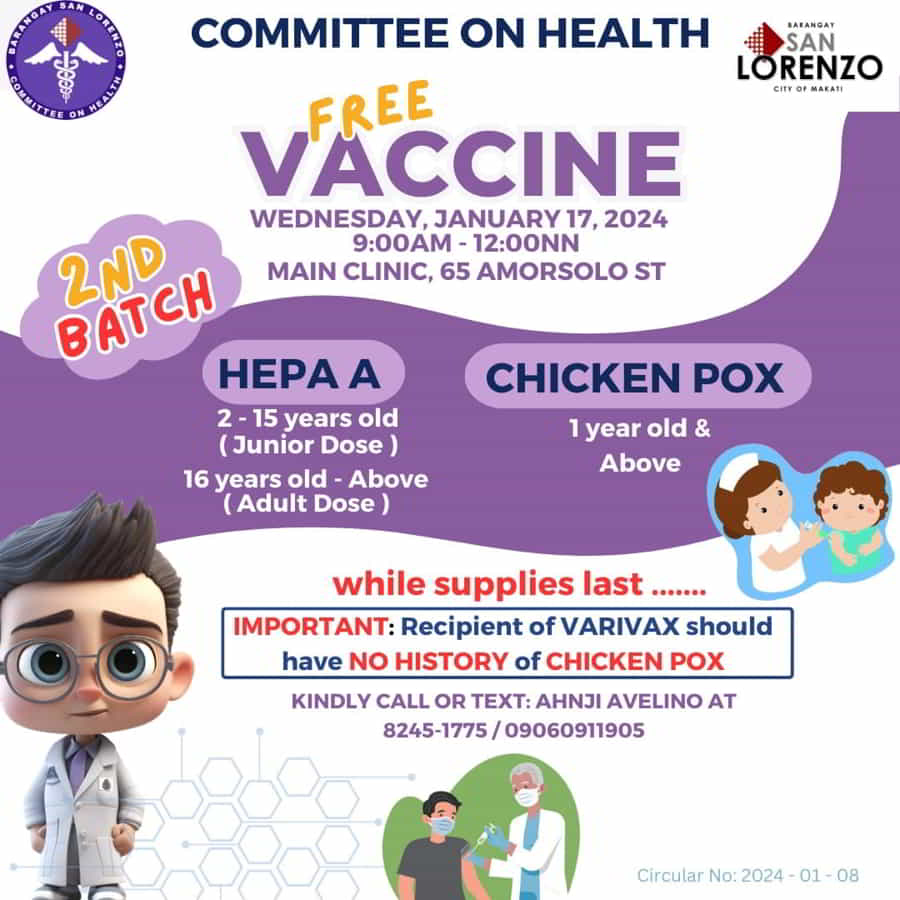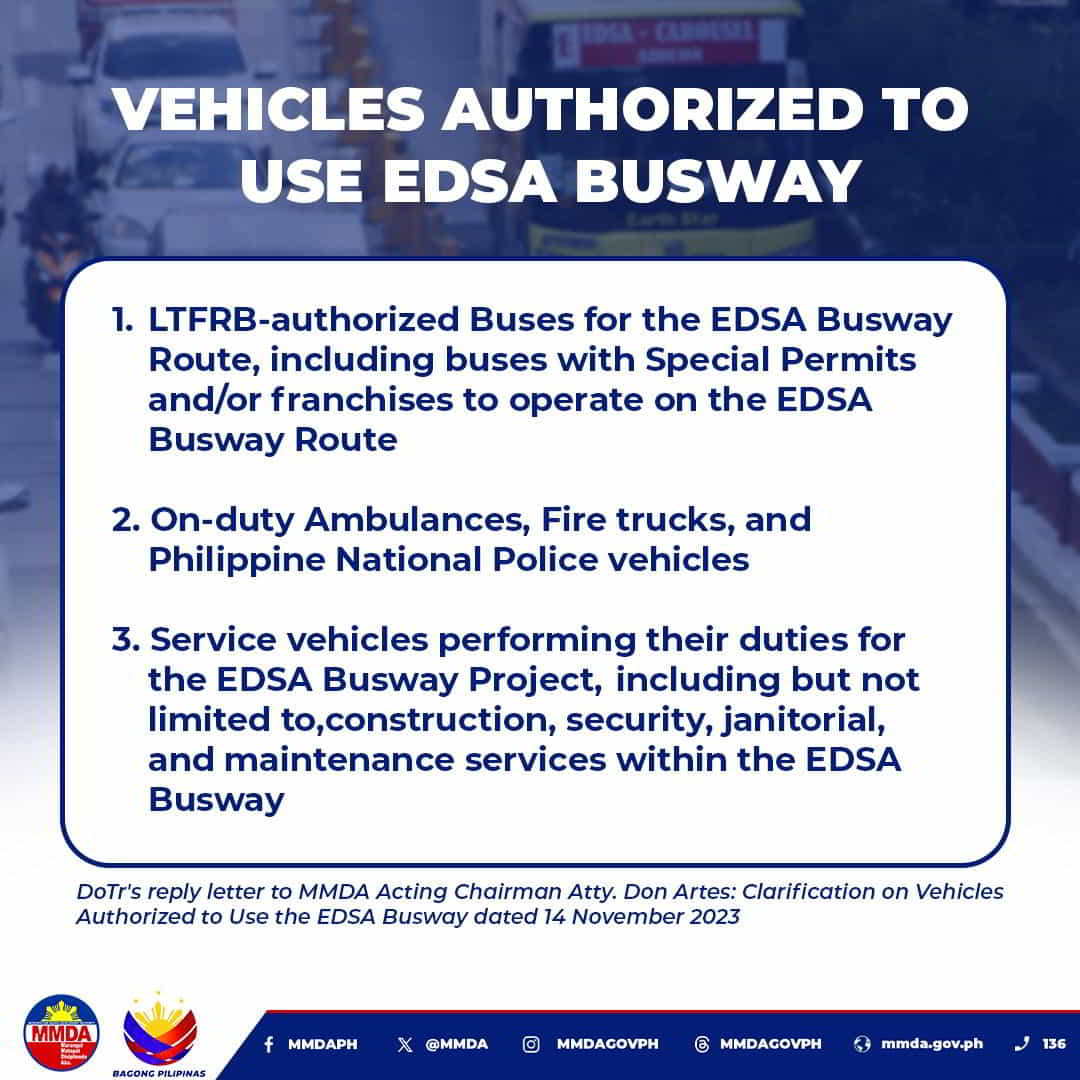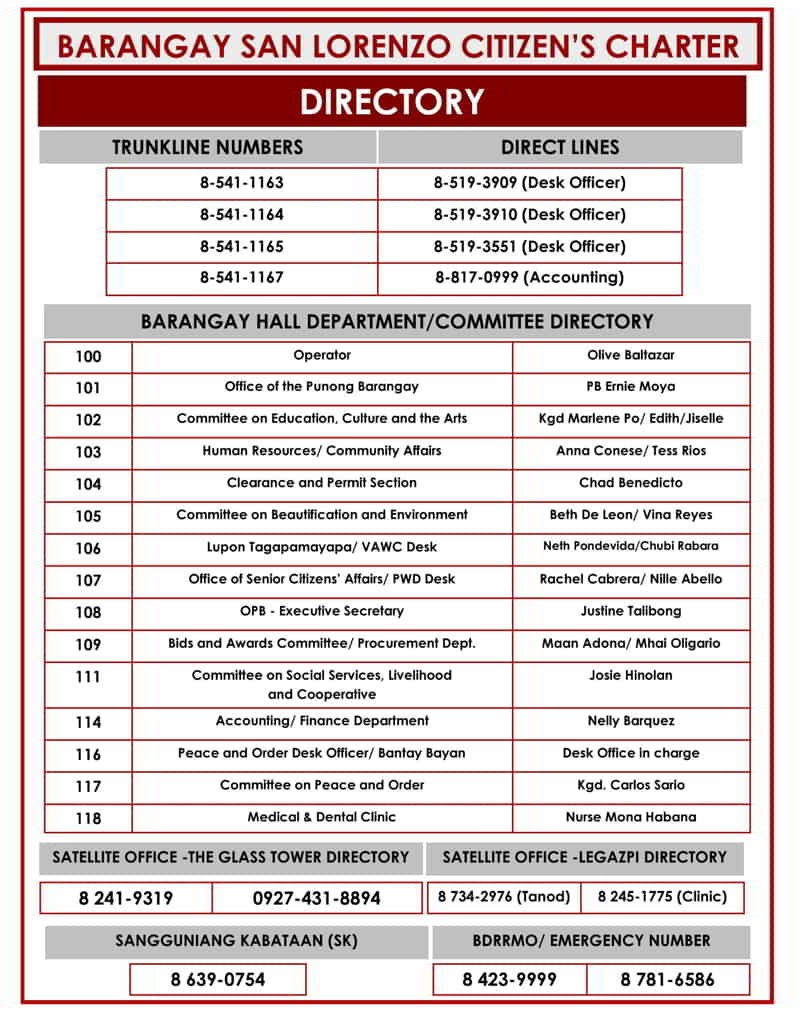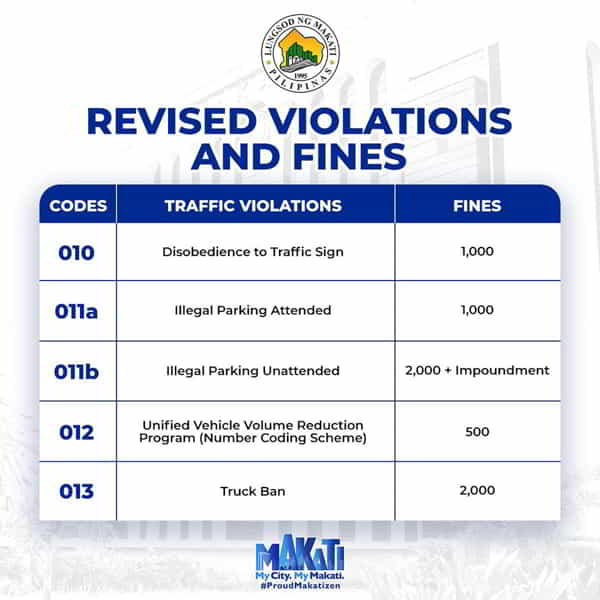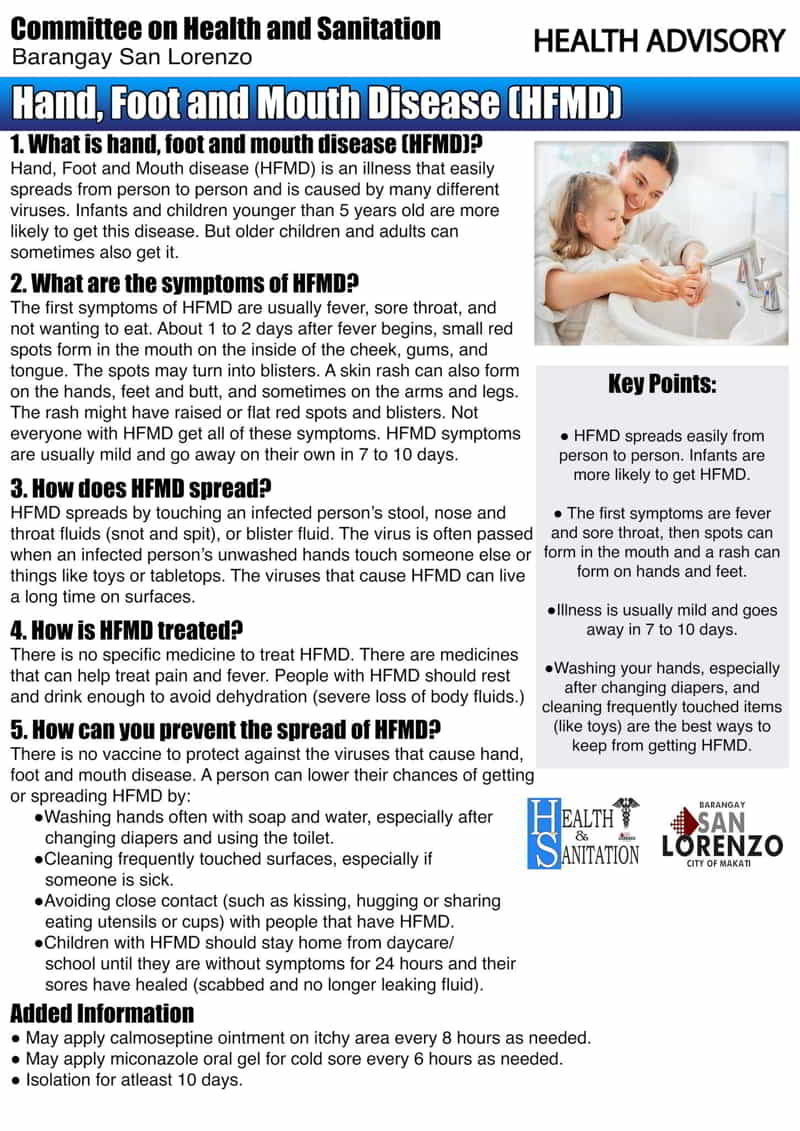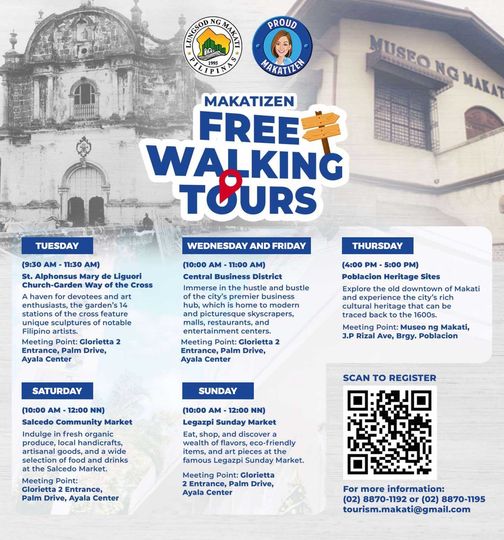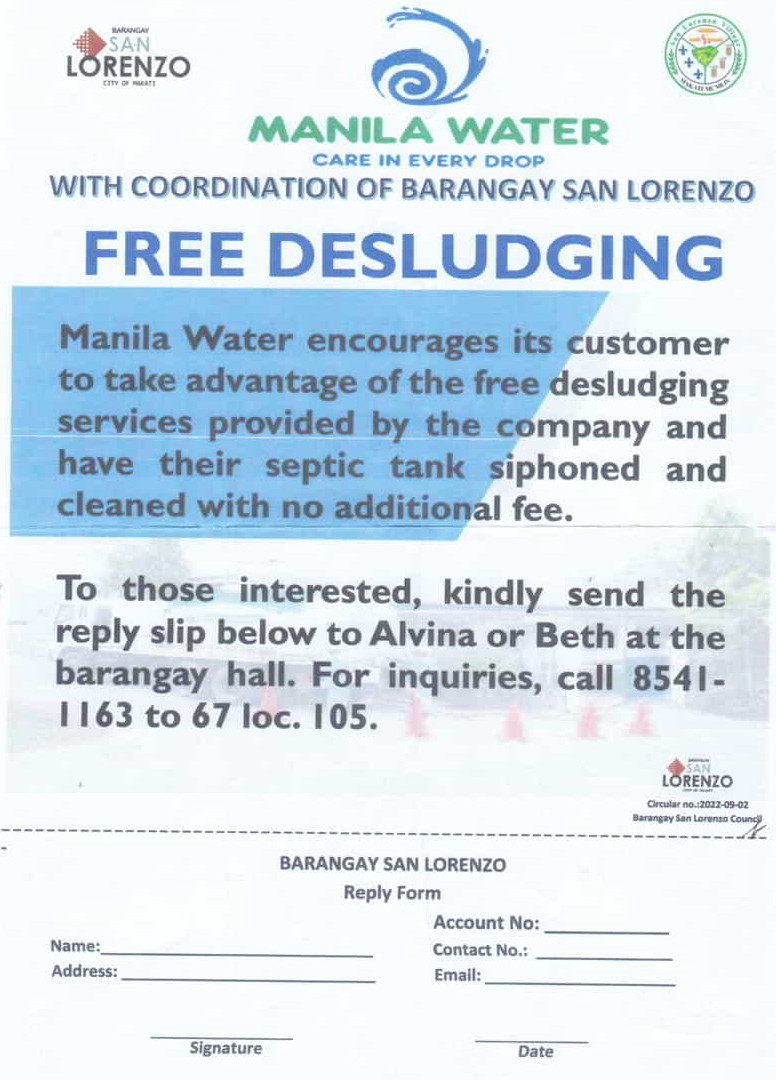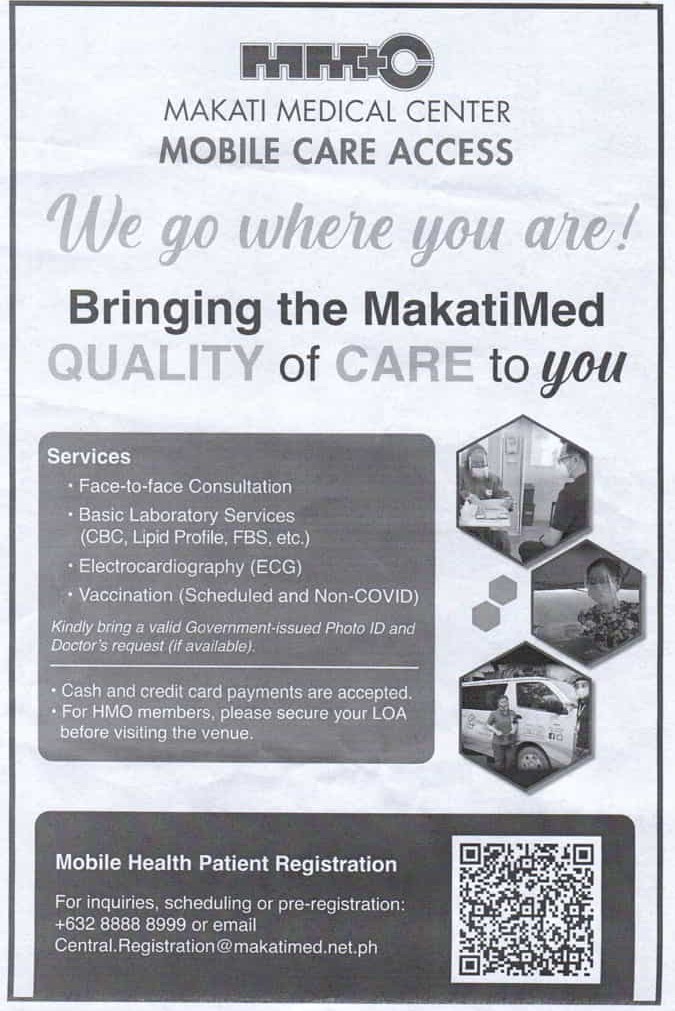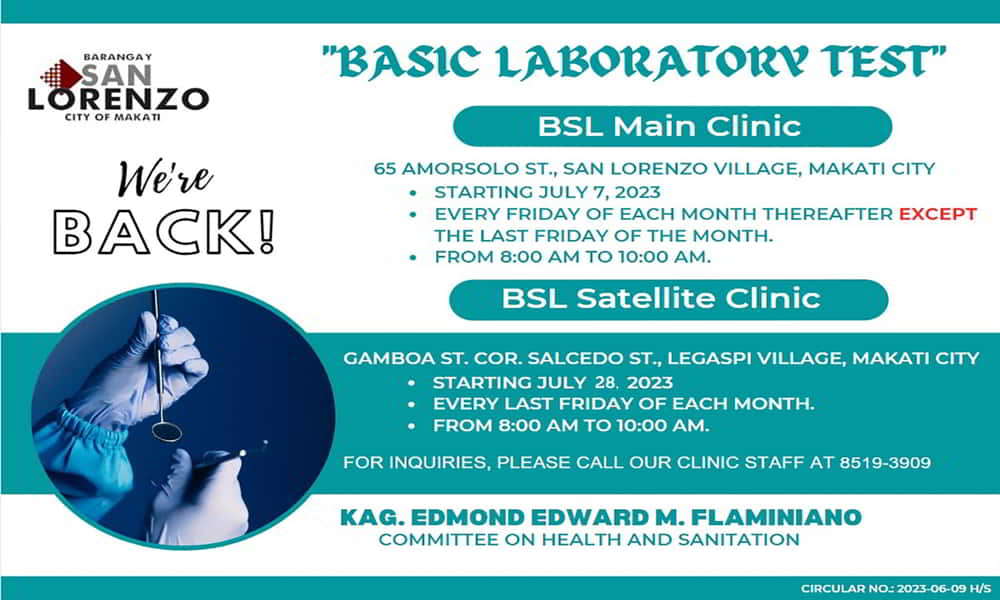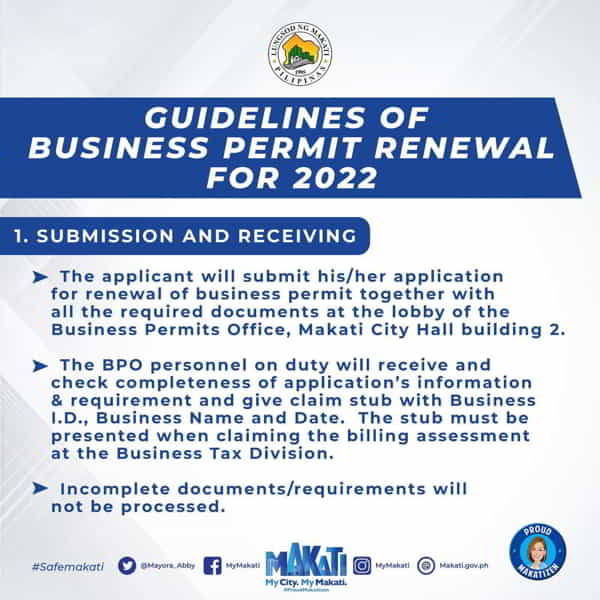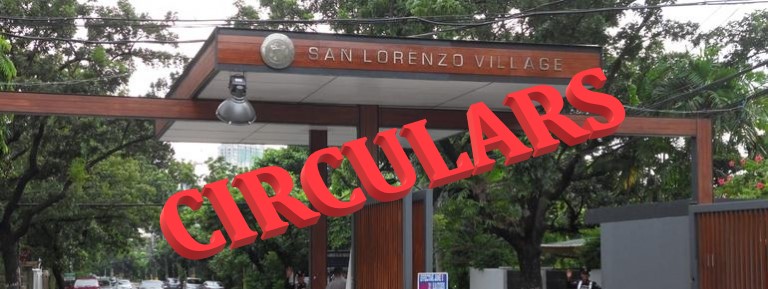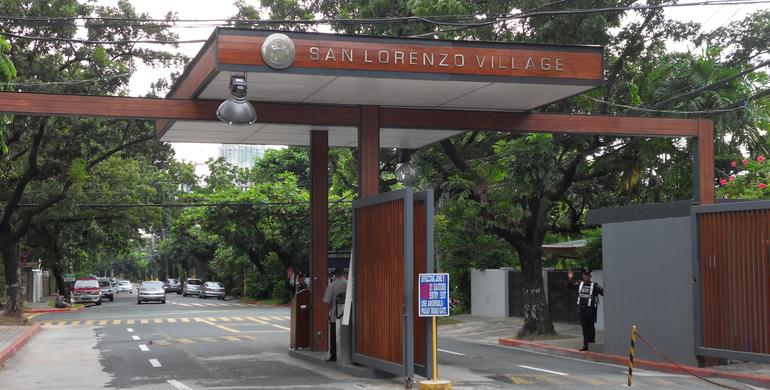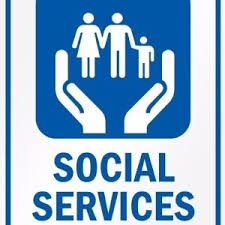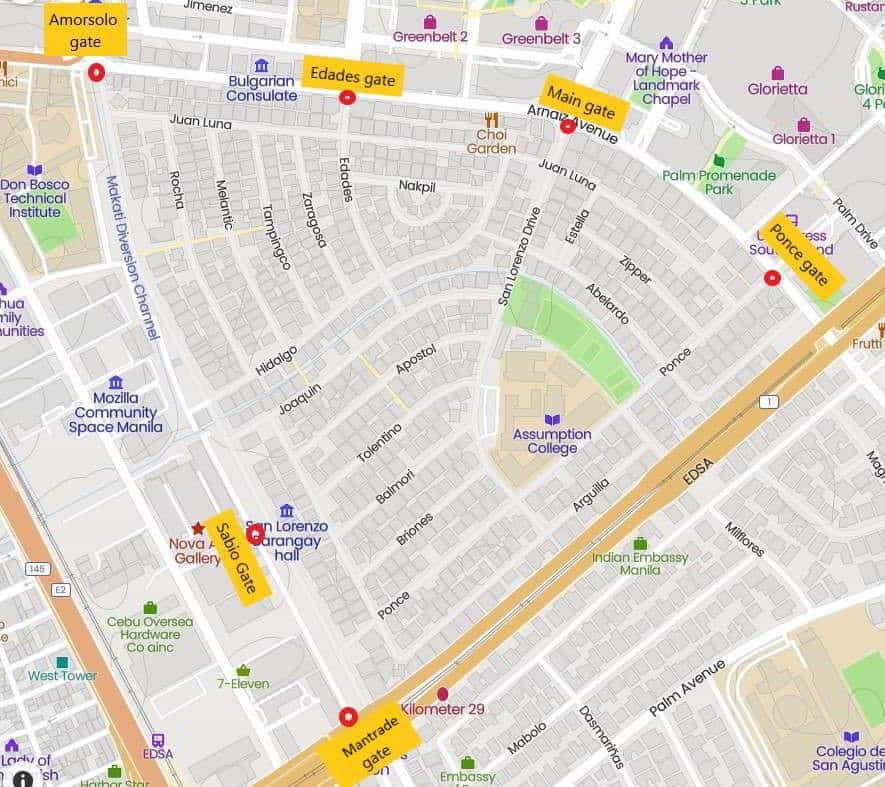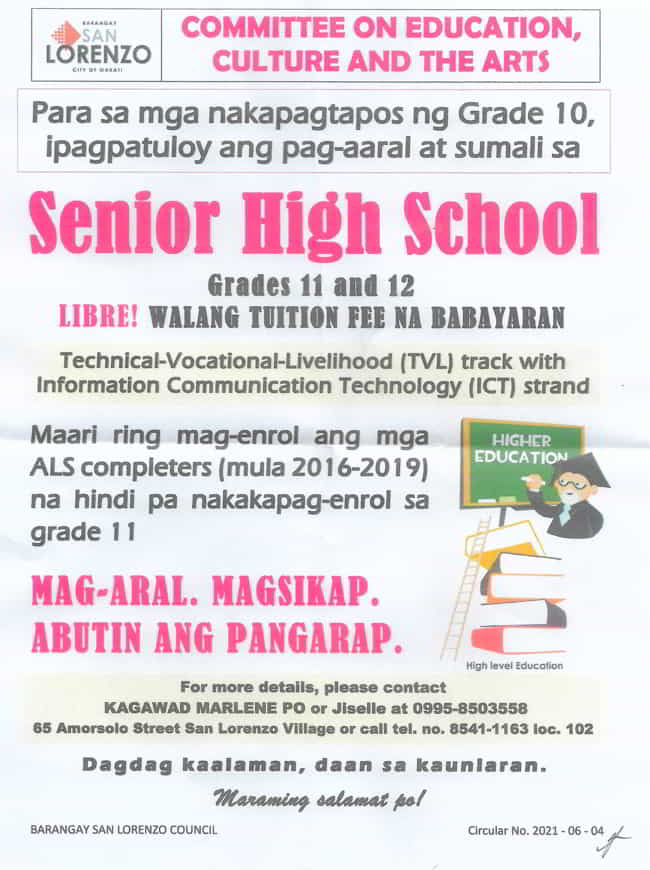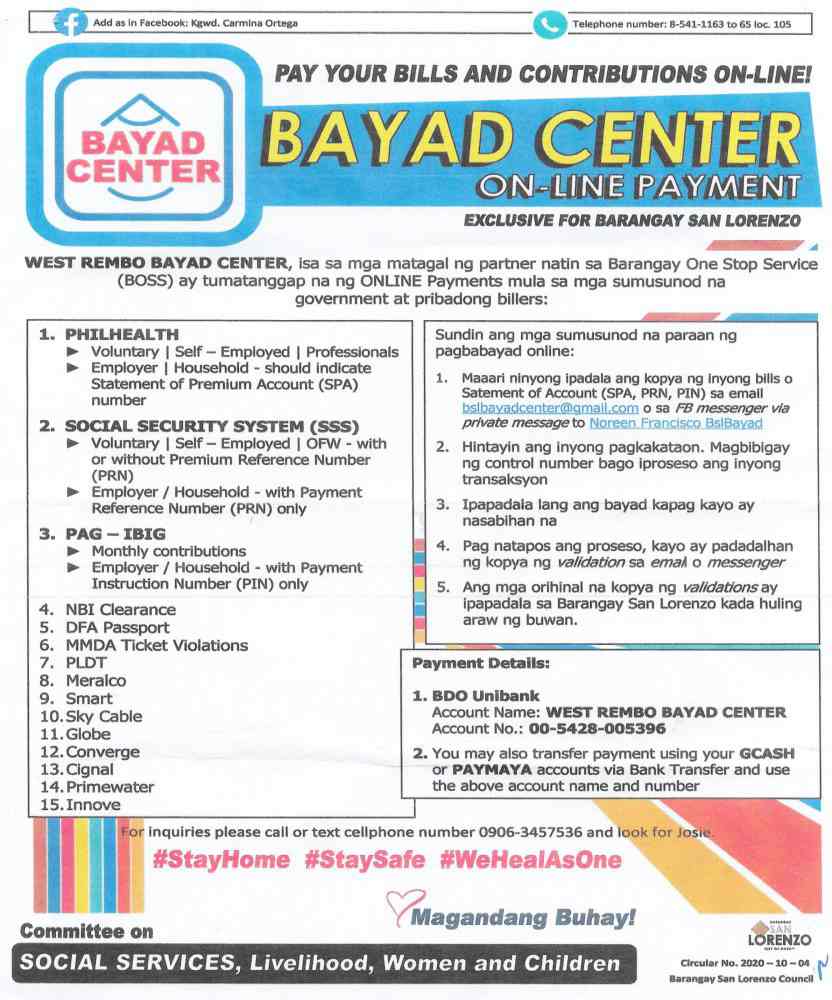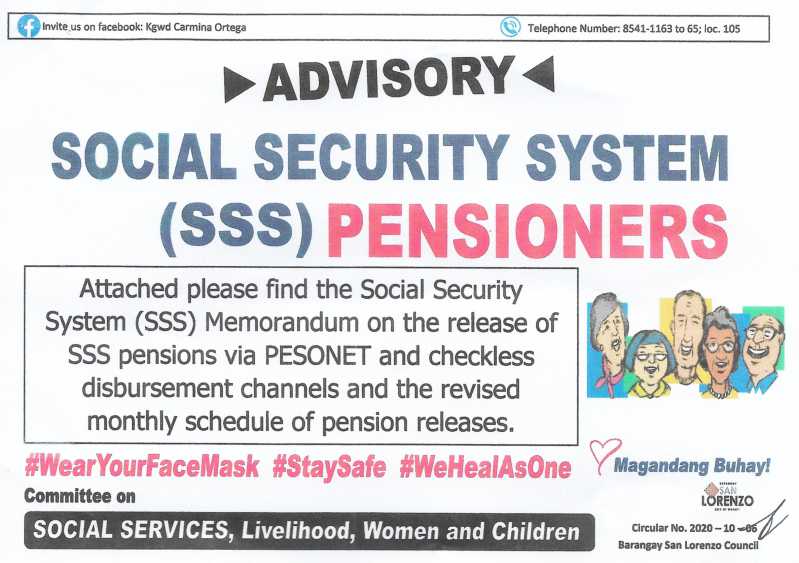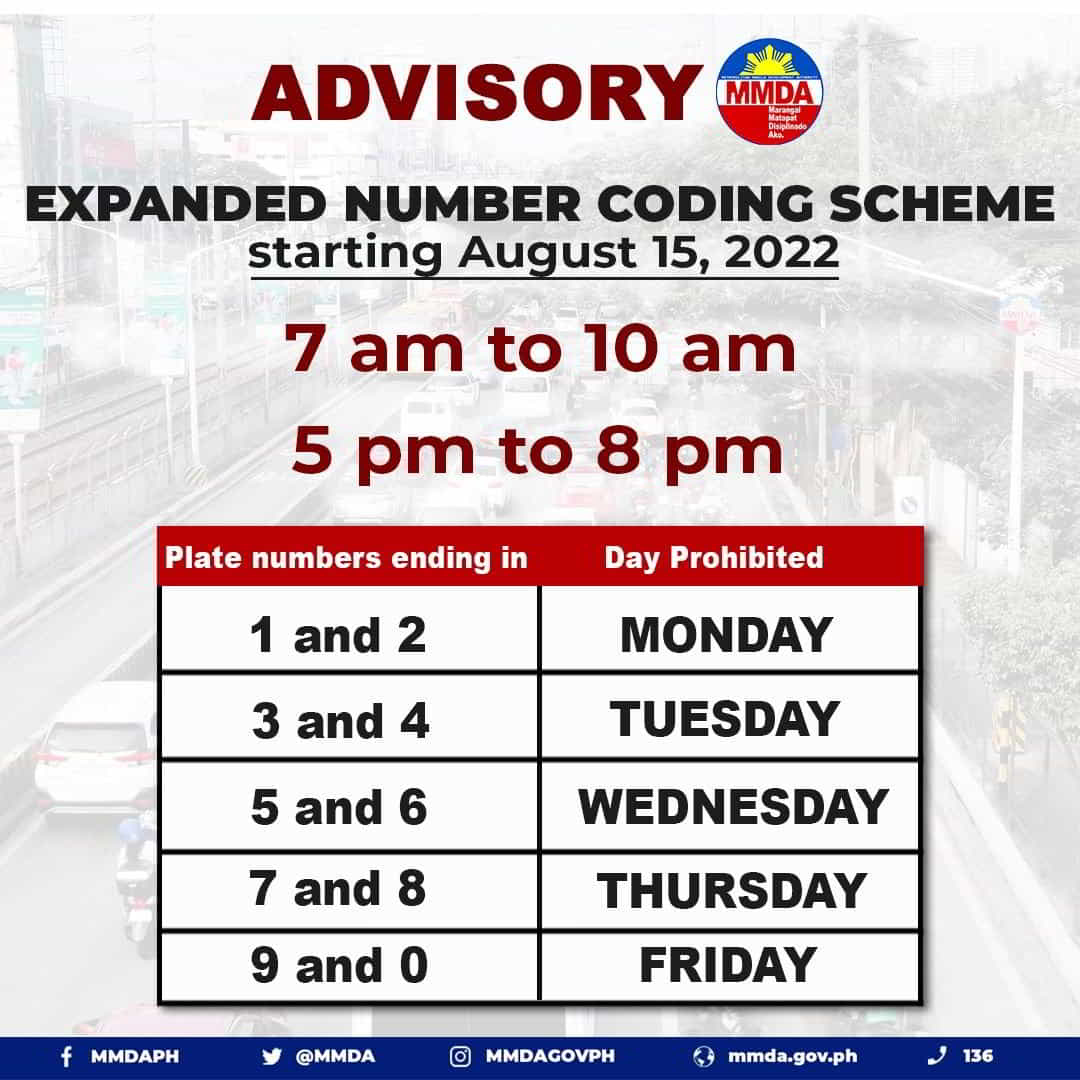
GUIDELINES ON DEPARTURE FORMALITIES FOR INTERNATIONAL-BOUND FILIPINO PASSENGERS
Pursuant to Republic Act No. 9208 (Anti-Trafficking in Persons Act of 2003), as amended by Republic Act No. 10364 (Expanded Anti-Trafficking in Persons Act of 2012) and Republic Act No. 11862 (Expanded Anti-Trafficking in Persons Act of 2022), and its Revised Implementing Rules and Regulations; Republic Act No. 8042 (Migrant Workers and Overseas Filipinos Act of 1995), as amended by Republic Act No. 10022; Republic Act No. 11641 (Department of Migrant Workers Act); Republic Act No. 8239 (Philippine Passport Act of 1996); Republic Act No. 7610 (Special Protection of Children Against Abuse, Exploitation and Discrimination Act); and other related laws and guidelines1, the Inter-Agency Council Against Trafficking (Council) hereby promulgates the 2023 Revised IACAT Guidelines on Departure Formalities for International-Bound Filipino Passengers and defines the parameters of its implementation:
Download the complete document- GENERAL PROVISIONS
All international-bound Filipino passengers shall undergo immigration inspection for assessment, clearance, and documentation.
Toggle Basic Travel Documents
- Basic Travel Documents
- Passport, valid at least six (6) months from the date of departure;
- Appropriate valid visa, whenever required;
- Boarding pass; and
- Confirmed return or roundtrip ticket, when necessary2.
- Primary Inspection
- The primary Immigration Officer (IO) of the Bureau of Immigration (BI) shall interview the passenger about the purpose of his/her travel and inspect the basic travel documents.
- The IO may propound relevant clarificatory questions and require from the passenger additional supporting documents as enumerated in Part II of this Guidelines to establish the purpose of travel.
- The primary IO shall clear the departure of a passenger who is able to sufficiently establish his/her declared purpose of travel.
- The primary IO shall defer the departure of a passenger based on the following grounds:
- Presentation of fraudulent, falsified, or tampered travel or supporting documents; or
- Refusal to undergo primary inspection.
- The primary IO shall refer the following passengers for secondary inspection:
- Those who failed to establish their purpose of travel during primary inspection;
- Those unable to show proof of financial capacity to travel and are accompanied by a foreign national who is not a relative by consanguinity or affinity up to the fourth (4th) civil degree;
- Those with inconsistent or insufficient travel or supporting documents;
- Those traveling, with or without a visa, to countries under Alert Level Three (3) or Four (4) as determined by the Department of Foreign Affairs (DFA) and those with relevant deployment bans as determined by the Department of Migrant Workers (DMW);
- Those who previously stayed abroad for over six (6) months as a tourist or previously misrepresented any travel information, and are intending to travel again for the same purpose;
- Those with active deferred-departure records; or
- Those identified and reported by the IACAT Anti-Trafficking Task Force (IACAT-ATTF) or other government agencies as a potentially trafficked/illegally recruited person or a suspected trafficker/illegal recruiter.
- In case the primary IO defers the departure of the passenger or refers him/her for secondary inspection, the primary IO shall inform the passenger of the ground for deferment or referral. The primary IO shall then require the passenger to accomplish a Border Control Questionnaire (BCQ) which shall contain the primary IO’s assessment and action.
- Secondary Inspection
- The secondary IO shall interview the passenger about the purpose of his/her travel and shall conduct further examination of his/her supporting documents which may include database referencing and referral of documents for laboratory examination.
- During the inspection, the secondary IO shall consider the totality of the circumstances of the passenger which includes, but is not limited to, the purpose of travel, country/ies of destination, duration of stay, travel history, age, financial capacity or source of income consistent with the passenger’s declared purpose of travel, and educational background. Thereafter, the secondary IO shall either allow or defer the departure of the passenger.
- The secondary IO shall defer the departure of the passenger upon a finding of any of the following grounds:
- Refusal to undergo secondary inspection;
- Doubtful purpose of travel;
- Inconsistent or insufficient travel or supporting documents;
- Misrepresentation or withholding of material information about the travel;
- Presentation of fraudulent, falsified, or tampered travel or supporting documents;
- Non-compliance with previous deferred-departure requirements; or
- The passenger is a potentially trafficked or illegally recruited person, or a suspected trafficker/ illegal recruiter.
- The secondary IO shall inform the passenger of his/her assessment and shall provide a requirement slip containing a list of documents needed to be presented by the passenger for compliance.
- In cases under 3.3(g), the secondary IO shall turn over the passenger to the IACAT-ATTF.
- In all cases, the secondary IO shall indicate in the BCQ his/her assessment and the material information gathered.
- Secondary inspection shall not exceed fifteen (15) minutes unless extraordinary circumstances4 require a longer period of inspection. The 15-minute period shall commence at the start of the interview by the secondary IO.
- Whenever circumstances require, an authorized secondary IO may still conduct a random redundancy check and/or secondary inspection on a passenger already allowed or cleared by a primary IO, in which case, the BCQs shall contain only the secondary assessment.
- Basic Travel Documents
- ADDITIONAL SUPPORTING DOCUMENTS
In addition to the inspection of basic travel documents, the IO may propound relevant clarificatory questions and require the passenger to show additional supporting documents, when applicable, as follows:
-
Toggle Tourist
- TOURISTS
- Self-funded Travels
- Confirmed return or roundtrip ticket;
- Proof of hotel booking/accommodation;
- Financial capacity or source of income consistent with the passenger’s declared purpose of travel; and
- Proof of employment and other equivalent documents.
- Sponsored Travels
- If the sponsor abroad is a relative within the first (1st) civil degree of the passenger
- Original Philippine Statistics Authority (PSA)-issued birth certificate/report of birth or marriage certificate/report of marriage as proof of first (1st) civil degree relationship;
- Confirmed return or roundtrip ticket; and
- Copies of the following documents of sponsor, such as:
- Valid passport;
- Valid work visa/permit, residence permit or any equivalent document;
- Overseas Employment Certificate (OEC), E-receipt, or OFW Clearance, for OFW sponsors.
- If the sponsor abroad is a relative up to fourth (4th) civil degree of consanguinity or affinity, unless otherwise limited by the Philippine Embassy or Consulate exercising jurisdiction
- Original Affidavit of Support and Guarantee (AOSG) showing the information in Annex “B”, and is:
- duly notarized by the Philippine Embassy/Consulate/Honorary Consulate authorized to perform notarization services; or
- if the AOSG is notarized by a local notary public in the country of destination, the AOSG must be duly authenticated by the Philippine Embassy/Consulate/Honorary Consulate (for non-Apostille countries) or apostilled7 by the apostille authority in the country of destination (for Apostille countries).
- Confirmed return or roundtrip ticket; and
- Original PSA-issued birth certificate/report of birth or marriage certificate/report of marriage showing the exact relationship between the passenger and the sponsor.
- Original Affidavit of Support and Guarantee (AOSG) showing the information in Annex “B”, and is:
- If the sponsor abroad is a non-relative or a legal/juridical entity
- Original Affidavit of Support and Guarantee (AOSG) showing the information in Annex “B”, and is:
- duly notarized by the Philippine Embassy/Consulate/Honorary Consulate authorized to perform notarization services; or
- if the AOSG is notarized by a local notary public in the country of destination, the AOSG must be duly authenticated by the Philippine Embassy/Consulate/Honorary Consulate (for non-Apostille countries) or apostilled8 by the apostille authority in the country of destination (for Apostille countries).
- Substantial proof of relationship;
- Confirmed return or roundtrip ticket; and
- If a legal/juridical entity, registration papers of the sponsor.
- Original Affidavit of Support and Guarantee (AOSG) showing the information in Annex “B”, and is:
- If traveling with a local sponsor
- Duly notarized affidavit executed by the local sponsor showing the information indicated in Annex “B”;
- Substantial proof of relationship.
- Copy of the sponsor’s return ticket consistent with that of the passenger.
- If the sponsor abroad is a relative within the first (1st) civil degree of the passenger
Toggle OFW - Self-funded Travels
- OVERSEAS FILIPINO WORKERS
- OFWs Departing for the First Time
- OEC, E-receipt, or OFW Clearance duly issued by the Department of Migrant Workers (DMW) as appearing in the Border Control Information System (BCIS);
- Valid and appropriate employment visa or work permit or any equivalent document;
- Employment contract, as necessary; and
- Visa Usage Undertaking13 or Manpower Request specifying visa usage approved or verified by the Migrant Workers Office (MWO), if applicable.
- Balik-Manggagawa (BM)
- Valid and appropriate employment visa/work permit or any equivalent document;
- OFW Clearance, OEC issued on-site by the MWO or by the DMW or Migrant Workers Airport Assistance Center (MWAAC), or Online BM OEC Exemption ormanually issued OEC; and
- Proof of employment15, as necessary.
- Direct-Hire
- OEC, E-receipt, or valid OFW Clearance; and
- Proper and valid work visa/work permit or any equivalent document.
- OFWs Requiring Special Travel Exit Clearance17 in lieu of OEC
- Locally employed seafarers (conduction crew) who will be manning a Philippine Registered Ship’s conduction from a foreign port to the Philippines;
- Seafarers who will undergo orientation and other analogous circumstances as a requirement before their employment, as the prospective foreign employer prescribes. The foreign employer must be accredited by a licensed local manning agency; and
- Emergency change crew for Philippine registered vessels docked in international ports.
- OFWs traveling to other countries during their vacation in the Philippines
If the OFW will travel to other country/ies for tourism, but will return to the Philippines before proceeding to his/her jobsite, the OFW shall undergo the usual immigration inspection for tourist travelers under this Guidelines. If the OFW will travel to other country/ies for tourism, but will proceed directly to his/her job site, a valid OEC will be required.
- Endorsement to the DMW-MWAAC
The IO shall promptly endorse a passenger to the DMW-MWAAC for validation of employment documents, updating of employment records, issuance of clearance, or other appropriate action, when confronted with the following:
- the OEC of the OFW or MWO-registered worker is invalid, expired, used, or did not reflect in the BCIS; or
- the OFW has incomplete or questionable documents.
In cases of endorsement to the DMW-MWAAC, the IO shall provide the passenger with a validation request form. Upon validation by the DMW-MWAAC, the passenger shall be directed back to the IO for the completion of the immigration inspection.
Toggle MINORS - OFWs Departing for the First Time
- MINORS
- Traveling with parent/s
- Original Philippine Statistics Authority (PSA)-issued birth certificate or report of birth; and
- If the minor is traveling without the mother, original copy of PSA-issued marriage certificate;
- Travels Requiring Department of Social Welfare and Development (DSWD) Clearance or Certificate of Exemption
- DSWD Travel Clearance Certificate (TCC), When Required
- Passengers traveling with a minor shall present a DSWD TCC under any of the following circumstances:
- If the parents are not married and the minor is traveling without the mother;
- If the minor is traveling with a person other than his/her parent/s; or
- If the passenger is over 18 years old but unable to fully take care of himself/herself or protect himself/herself from abuse, neglect, cruelty, exploitation or discrimination because of a physical or mental disability or condition
- Minors thirteen (13) years old and above, who are traveling alone, shall present a DSWD TCC. Minors below thirteen (13) years old are absolutely prohibited from traveling alone.
- Passengers traveling with a minor shall present a DSWD TCC under any of the following circumstances:
- DSWD Certificate of Exemption from TCC, When Required
Passengers traveling with a minor shall present a DSWD Certificate of Exemption from TCC under any of the following circumstances:
- If the parents are not married and the minor is traveling with the biological father who has sole parental authority or legal custody over the minor;
- When the traveling companion is the legal guardian;
- Orphans of married parents and traveling with the substitute parent/s (grandparent or nearest kin); and
- Orphans of non-married parents and traveling with the substitute parent/s or nearest kin on maternal side.
- DSWD Travel Clearance Certificate (TCC), When Required
- Minors Subject of Adoption
- For adopted minors with an Order of Adoption but pending issuance of a new PSA-issued birth certificate:
Travel Authority for the adoptive parent/s and adopted minor issued by the National Authority for Child Care (NACC). - Prospective Adoptive Parent/s Traveling with a Minor Subject of Pending Domestic Adoption Proceedings
- For proceedings pending with the NACC: DSWD Travel Clearance Certificate
- For those pending in courts: A manifestation or notice about the intended travel, duly received by the Court where the case is pending, filed at least seven (7) calendar days before the intended date of travel.
- Prospective Adoptive Parent/s Traveling with a Minor Subject of Pending Inter-Country Adoption Proceedings.
- Travel Authority for the prospective adoptive parent/s issued by the NACC;
- Travel Clearance Certificate for Adoptee issued by the NACC; and
- Clearance from the Commission on Filipinos Overseas (CFO).
- For adopted minors with an Order of Adoption but pending issuance of a new PSA-issued birth certificate:
Toggle Other Categories - Traveling with parent/s
- OTHER CATEGORIES OF PASSENGERS
- Dependent Family Members Joining the OFW at the Job Site
- Valid dependent visa or any equivalent document; and
- Copies of the OFW’s valid visa and OEC, E-receipt, or OFW Clearance.
- Passengers Requiring Clearance from the CFO
- Filipino spouse, fiancé(e), or a partner of a foreign national with immigrant/resident/spouse/long-term/partner/prospective-marriage/family-reunification visa and other similar visas;
- First time Filipino emigrants, holders of residence visa or permit/holders of Permanent Resident Card registering for the first time with CFO;
- Filipino J1 Visa Holders or Exchange Visitors Program Participants bound for the United States of America; and
- Passengers traveling under Au Pair Visa.
- Students under the International Student Affairs Program (ISAP) or Student Internship Abroad Program (SIAP) of the Commission on Higher Education (CHED): need CHED Endorsement
- Students/Scholars
- Acceptance Letter issued by the institution or school abroad;
- Duly-notarized affidavit executed by the scholar/student indicating the name of the educational institution and the duration of the course or program of study;
- Confirmed return or roundtrip ticket consistent with the duration of the program, if practicable;
- Proof of financial capacity or academic scholarship/funding/support; and
- If applicable, endorsement from the National Commission on Muslim Filipinos (NCMF) for Arabic language scholars.
- For basic education students under an international exchange program or joining a competition abroad, a certification issued by the School Division Superintendent shall be presented. If said student is a minor traveling without the parents/legal guardian, a DSWD Travel Clearance Certificate shall also be required.
- Passengers with Prospective Employers Abroad
- Confirmed return or roundtrip ticket consistent with the duration of the travel;
- Relevant documents25 relating to the purpose of the travel; and
- Duly-notarized affidavit executed by the passenger indicating the purpose and duration of travel.
- Passengers Traveling Abroad for a Compassionate or Humanitarian Visit to a Filipino Overseas
Certification from the DMW or the DFA, through its foreign service posts, specifying the purpose of the said travel.
- Passengers Traveling for Intra-Company Transfers or Intra/Inter-Company Trainings
- Intra-Company Transferees
- Proof of local employment as certified by the Department of Labor and Employment (DOLE); and
- Secondment agreement between the local/domestic company and the foreign host company, as necessary.
- Intra/Inter-Company Trainees
- Proof of local employment as certified by DOLE; and
- Traineeship Agreement, duly authenticated by the Philippine Embassy or Consulate where the training or skills enhancement shall be conducted, as necessary.
- Intra-Company Transferees
- Filipino Volunteer Workers
Endorsement from the Philippine National Volunteer Service Coordinating Agency (PNVSCA)
- Hajj Pilgrims30 to Mecca
Endorsement/List of Pilgrims from the NCMF
- Filipino Donor Traveling for Organ Donation or Organ Transplantation
Department of Health (DOH) Clearance approving the organ donation or organ transplantation
- Trainees for Skills Enhancement
- Government-Endorsed Trainees
- Department of Agriculture-Agricultural Training Institute (DA-ATI)’s Trainees
DA-ATI Endorsement
- TESDA Trainees for Agro-Studies
TESDA Endorsement
- Other Government Endorsed Trainees
Endorsement from the concerned government agency
- Department of Agriculture-Agricultural Training Institute (DA-ATI)’s Trainees
- Non-Government Endorsed Trainees
- Confirmed return or roundtrip ticket for programs six (6) months and below;
- Traineeship Contract apostilled or duly authenticated by the Philippine Embassy or Consulate; and
- Duly-notarized affidavit executed by the trainee indicating the name of the training institution and the duration of the training.
- Government-Endorsed Trainees
Toggle Non Category - Dependent Family Members Joining the OFW at the Job Site
- DEPARTURE FORMALITIES FOR PASSENGERS NOT EXCLUSIVELY FALLING UNDER ANY OF THE CATEGORIES OF THE GUIDELINES
Passengers not specifically falling under any of the above categories shall undergo the required immigration inspection under this Guidelines and shall show documents that would sufficiently establish their purpose of travel.
Toggle Turnover - TOURISTS
- TURNOVER OF POTENTIALLY TRAFFICKED PASSENGERS
- Passengers identified during secondary inspection as potentially trafficked persons shall be deferred for departure and turned-over to the IACAT-ATTF at the port, including their passports and supporting documents34, for appropriate intervention and disposition.
- The IACAT-ATTF shall turn over the travel documents of potentially trafficked persons to either of the following:
- Appropriate Law Enforcement Agency (LEA)35 for investigation, for questionable passports36; or
- DFA-Office of Consular Affairs (OCA) for all other passports.
In cases under 2.1, the IACAT-ATTF, shall report to the DFA-OCA the details of such passports through electronic mail.
The DFA-OCA shall maintain a database of turned-over passports from the IACAT-ATTF. - In cases where a questionable passport was presented by the passenger, the same shall be endorsed first to the BI-AFS for laboratory examination. The BI-AFS shall then issue a certification on its findings. When a recruitment agency is involved, the BI shall also furnish the DMW with a copy of all relevant documents for appropriate action.
- The IACAT-ATTF shall coordinate with the appropriate LEA for case build-up, investigation, and possible prosecution.
- When a case that reached investigation or prosecution phase is dismissed, the IACAT-ATTF, NBI, PNP, or the Prosecutor shall forward to the DFA-OCA or the nearest DFA Consular Office the turned-over passports with a corresponding report, and copy furnish the IACAT Secretariat.
Toggle Reportorial - REPORTORIAL REQUIREMENTS
- The IACAT-ATTF, NBI, PNP, and DMW shall provide the IACAT Secretariat a quarterly report on the disposition of matters referred to them for investigation, specifying whether a case was filed or not. If a case was filed, they shall give the status and details of the case, including the title, docket/criminal case number, venue, and violation of the law.
- The IACAT Secretariat shall report to the DFA-OCA the status of cases referred by the IACAT-ATTF to the LEA to guide the DFA-OCA in the disposition of the turned-over passports.
- The IACAT Secretariat shall also provide periodic updates to the BI of the status of cases referred to IACAT-ATTF.
Toggle Remedies - REMEDIES
All concerned agencies and task forces shall adhere to the principles of courtesy, accountability, responsibility, efficiency, and service. The passenger may initiate appropriate civil, criminal, or administrative cases as provided for under existing laws to redress grievances, when deemed necessary.
Toggle Common Provisions - COMMON PROVISIONS
- The use of cellphones, cameras, recording devices, or any similar electronic devices shall be strictly prohibited at all times within the immigration area unless otherwise authorized.
- All documents, records, and data gathered during immigration inspection shall be confidential. Any unauthorized disclosure thereof is prohibited.
- All concerned agencies tasked to implement this Guidelines shall ensure that adequate and continuous capacity building and trainings, including disability-sensitivity, are provided to their personnel.
- In the implementation of this Guidelines, reasonable accommodation through provision of readily accessible facilities shall be accorded to Persons with Disabilities (PWDs).
- All agencies issuing clearances, certifications, or exemptions shall endeavor to create a mechanism for real-time data-sharing of information within three (3) months from the effectivity of this Guidelines. In the interim, such agencies shall submit to the BI an electronic copy of the clearances, certifications, or exemptions issued at least seven (7) days before the intended departure of the passengers.
- The BI shall maintain a sex-disaggregated database of deferred departures. Such database shall have connectivity features and shall only be used by Immigration authorities in all international ports of entry and exit.
- All concerned agencies and task forces designated for the purpose of preventing and addressing trafficking in persons, illegal recruitment, and other related crimes shall revise their respective procedures to adhere to this Guidelines within three (3) months from the effectivity thereof.
- The IACAT and other concerned government agencies shall, from time to time, issue appropriate guidelines to cover emerging trends in the departure of Filipinos, with prior notice and coordination with the BI, IACAT Secretariat and IACAT-ATTF.
Toggle Repealing Clause - REPEALING CLAUSE
All department orders, circulars, and issuances inconsistent herewith are hereby revoked.
Toggle Separability Clause - SEPARABILITY CLAUSE
The declaration of invalidity of any part of this Guidelines shall not affect the validity of the remaining provisions.
Toggle Effectivity Clause - EFFECTIVITY CLAUSE
This Guidelines shall take effect fifteen (15) days after its publication in a newspaper of general circulation or in the Official Gazette.
ANNEX “A”
- Republic Act No. 11642 - Domestic Administrative Adoption and Alternative Child Care Act
- Republic Act No. 10906 - Anti-Mail Order Spouse Act B.P. No. 79 as amended by E.O.s 728, 928, and 346 - An Act Creating the Commission on Filipinos Overseas and for Other Purposes
- Republic Act No. 9225 - Citizenship Retention and Re-acquisition Act of 2003
- 2007 Commission on Filipinos Overseas Guidelines for the Registration of Filipino Emigrant and Departing Spouses and other Partners of Foreign Nationals
- 2013 Commission on Filipinos Overseas Revised Guidelines for the Registration of Exchange Visitor Program (EVP) Participants or J-1 Visa Holders
- Guidelines on the Departure of Filipino Au Pairs to Europe
- Republic Act No. 9997 - National Commission on Muslim Filipinos Act of 2009
- Administrative Order No. 12, Series of 2017 - Omnibus Guidelines for Minors Travelling Abroad
- Republic Act No. 9418 - Volunteer Act of 2007
- DSWD A.O. 2012 series of 2017 - Omnibus Guidelines for Minors Travelling Abroad
- CHED Memorandum Order No. 22 s. 2013 Revised Policies, Standards and Guidelines on Student Internship Abroad Program
- Memorandum Circular No. 7, Series of 2003 - Guidelines Concerning Registration of Landbased Name Hires
- POEA Memorandum Circular No. 05 - Processing of Low/ Semi-Skilled Female Workers as Name Hires
- POEA Memorandum Circular No. 06 s. 2009 - Additional Documentary Requirement for the Verification and Registration of Principals and Documentation of Household Service Workers (HSWs) and Low/Semi-Skilled Female Workers (LSFW)
- Revised POEA Rules and Regulations Governing the Recruitment and Employment of Landbased Overseas Filipino Workers of 2016
- POEA MC No. 08, s. 2018 - Guidelines on Registration of Direct-Hire OFWs
- DOH AO No. 2021-0059 - Guidelines on Ethical Organ Donation and Transplantation from Living Donors
ANNEX “B”
II.2.2.2 If the sponsor abroad is a relative up to the fourth (4th) civil degree of consanguinity or affinity, unless otherwise limited by the Philippine Embassy or Consulate exercising jurisdiction
- Relationship of the sponsor and the passenger within the fourth (4th) civil degree of consanguinity (e.g. pinsang buo) or affinity (e.g. bayaw, hipag, biyenan), or unless otherwise limited by the Philippine Embassy or Consulate exercising jurisdiction;
- The legal/immigration status or DMW registration of the sponsor;
- Sponsor’s financial capacity to support the passenger’s travel;
- Address and contact information of the sponsor; and
- An undertaking by the sponsor that the travel is solely for tourism purposes, that the sponsored passenger shall return to the Philippines upon the completion of the tour as reflected in the return ticket, and that the unreasonable failure to comply with the obligations of sponsorship may affect the assessment of the passenger’s future travels and the sponsor’s capacity to invite.
II.2.2.3 If the sponsor abroad is a non-relative or legal/juridical entity
- Relationship of the passenger with the sponsor as evidenced by any document and/or circumstance that can establish the claimed relationship between the passenger and the sponsor;
- Reason for sponsorship;
- Financial capacity of the sponsor to support the passenger’s travel;
- The legal/immigration status or DMW registration of the sponsor;
- Address and contact information of the sponsor; and
- An undertaking by the sponsor that the travel is solely for tourism purposes, that the sponsored passenger shall return to the Philippines upon the completion of the tour as reflected in the return ticket, and that the unreasonable failure to comply with the obligations of sponsorship may affect the assessment of the passenger’s future travels and the sponsor’s capacity to invite.
II.2.2.4 If traveling with a local sponsor
- Identity, address, and significant personal information of the sponsor, including a copy of a government-issued identification card;
- Relationship of the passenger with the sponsor as evidenced by any document and/or circumstance that can establish the claimed relationship between the passenger and the sponsor.
- Reason for sponsorship;
- Financial capacity of the sponsor to support the travel of the passenger; and
- An undertaking that the travel is solely for tourism purposes; that the sponsored passenger shall return to the Philippines upon the completion of the tour with him or her or as reflected in the return ticket; and that the unreasonable failure to comply with the obligations of sponsorship may affect the immigration inspection of the passenger’s future travels and the sponsor’s capacity to undertake a sponsored travel.
